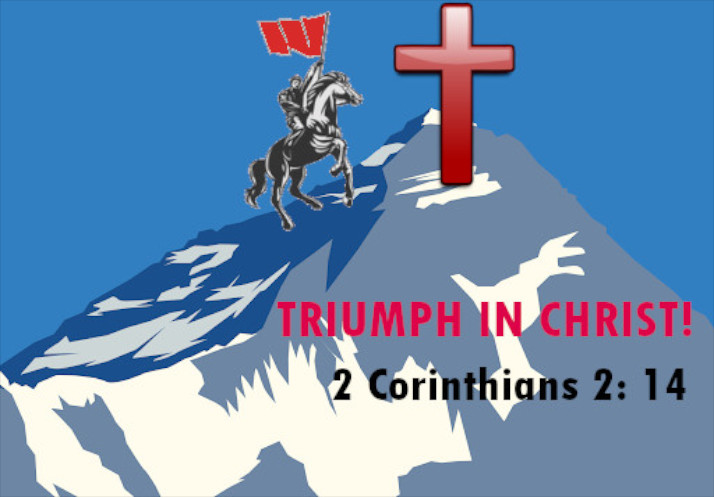Synopsis: Micah

Organisation of the synopsis The writer Micah’s name means ‘who is like Jehovah’. The period of his ministry is probably between 735 to 700 BC. In 722 BC the northern kingdom was conquered by the Assyrians. His ministry covered the reign of King Jotham, Ahaz and Hezekiah. Key verse Micah 6:8 He hath shewed thee, O man, what is good; and what doth the LORD require of thee, but to do justly, and to love mercy, and to walk humbly with thy God? In an earlier verse, Micah 6:2, God declared that He had a controversy with His people Israel. A controversy is the opposite of a communion. God was not pleased with His people because of their spiritual apostasy and the oppression of the people by the leaders in Israel (Micah 3:1-3). The key verse summarises what God requires: to be just in our dealings, merciful towards the less fortunate and submit to the word of God. Humility means our will or preferences should be suppressed and God’s words should be given the preeminence. Main Theme

